Podcast: Play in new window
A defiant Sheikh, a province rich in oil, and Reza Khan’s push to unify a fractured Iran. The story of Arabistan and how one local tribe became the biggest threat to Persia.
This is a special two-part episode of The Lion and the Sun to celebrate reaching 100k downloads. Thank you so much for your support and for listening to our show.
We’ll be back in January 2025 with season 2!
Follow us on Instagram, TikTok or X (Twitter).
For early access to episodes, become a supporter on Patreon.
Episode Summary
In 1922, Iran faced a pivotal moment in its history as the country struggled to recover from the devastation of World War I. The weak Qajar dynasty grappled with economic instability and widespread corruption, leaving many regions of Iran operating autonomously.
One such region was Khuzestan. A province stretching from the Zagros Mountains to the Persian Gulf. Despite its harsh climate, Khuzestan held immense value due to its vast oil fields discovered in the early 20th century. This province, often referred to as Arabistan, fell under the control of Sheikh Khaz’al al-Kaʽbi, the powerful leader of the Banu Ka’b tribe.
Sheikh Khaz’al rose to prominence in 1897, inheriting his brother’s wealth and tribal territories. He cultivated strong ties with the British government, which saw Khuzestan as a critical strategic asset. The sheikh’s influence grew dramatically following the discovery of oil in Masjid Soleiman in 1908, transforming the region into Britain’s most valuable holding in Iran.
The British rewarded Khaz’al’s cooperation with shares in the Anglo-Persian Oil Company and knighted him in 1917, granting him the title of Knight Grand Commander of the Order of the Indian Empire. Emboldened by British support, Sheikh Khaz’al began to operate independently from the central Persian government. He refused to pay taxes or provide accounting for the customs duties he collected.
Meanwhile, in Tehran, a significant political shift occurred in 1921 when Reza Khan, a military leader, seized power through a coup. Reza Khan envisioned a unified Iran with a strong central government. He viewed the autonomy of tribal leaders like Sheikh Khaz’al as a threat to national progress and modernization.
The conflict between Reza Khan’s centralization efforts and Sheikh Khaz’al’s entrenched power came to a head in 1922. The cash-strapped central government in Tehran issued a formal request to Sheikh Khaz’al, demanding he settle his long-overdue accounts with the capital. Despite advice from British representatives to reach a compromise, Khaz’al, confident in his position, chose to ignore the government’s demands.
This act of defiance provided Reza Khan with the justification he needed to take action against the powerful sheikh. The stage was set for a showdown between the central government’s vision of a unified Iran and the longstanding autonomy of tribal leaders.
Music
Christoffer Moe Ditlevsen – Path to the Abyss
Piotr Hummel – Demons
Piotr Hummel – Phenomenal
Christoffer Moe Ditlevsen – The Dawning

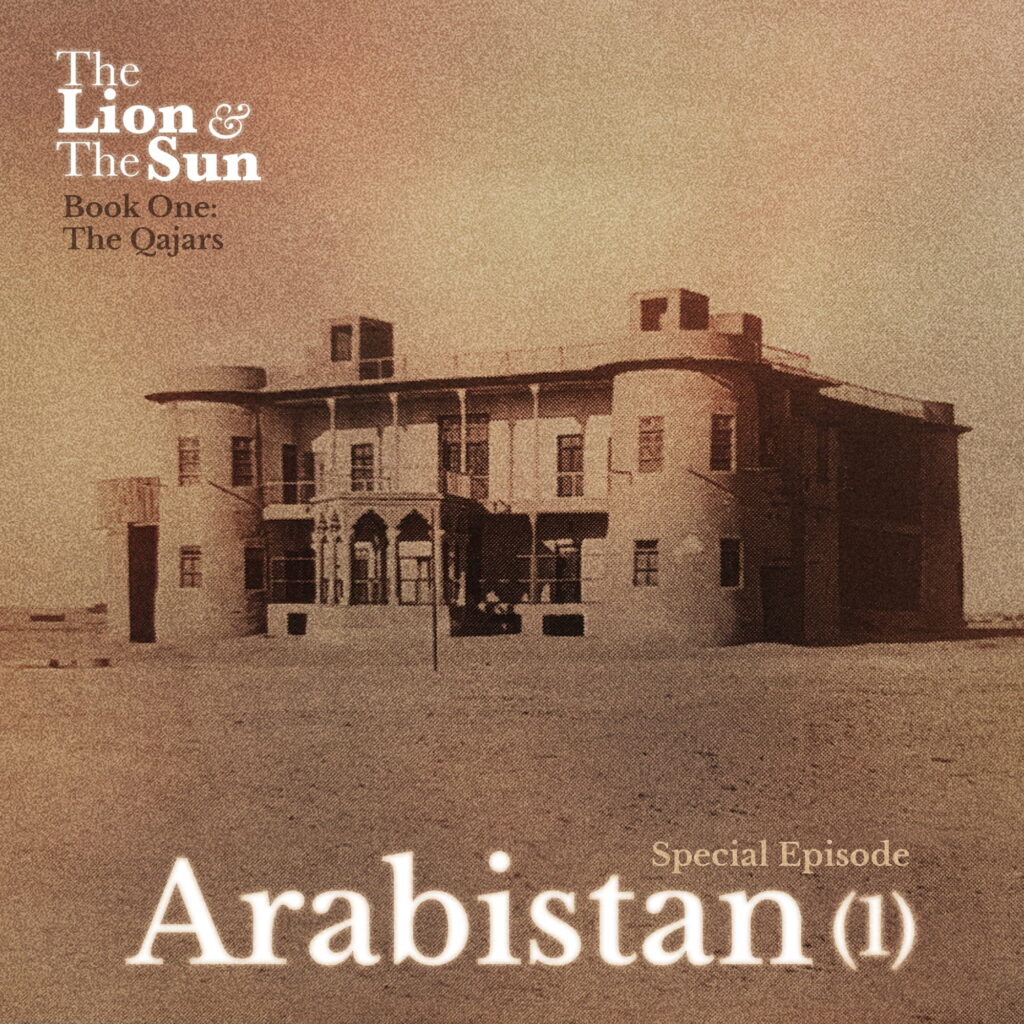
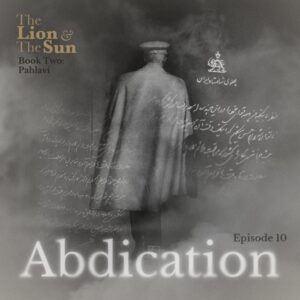


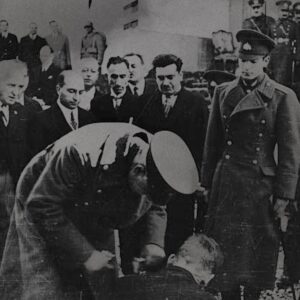
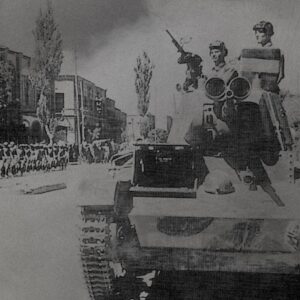
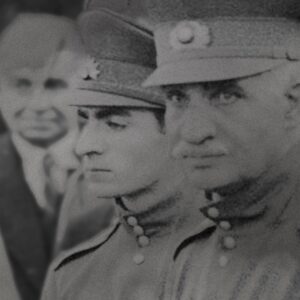
2 Responses